Before I had children, I imagined bath time as an enjoyable bonding opportunity. I think this is because all of the pictures my parents saved of bath time are us as happy children in the bath, covered in bubbles. I apparently blocked out the memory of my younger brother running, naked, screaming through the house because he didn’t want to be washed.
Bath time with my children varied from wonderful to awful, depending on the age and moment. For several years, one child would only take a bath with our nanny, not with anyone else. When it was my turn to give him one, it sounded like he was being tortured.
My husband, meanwhile, has always been of the view that children do not really need baths very often. Is he right? Do kids need baths? What does the data say?
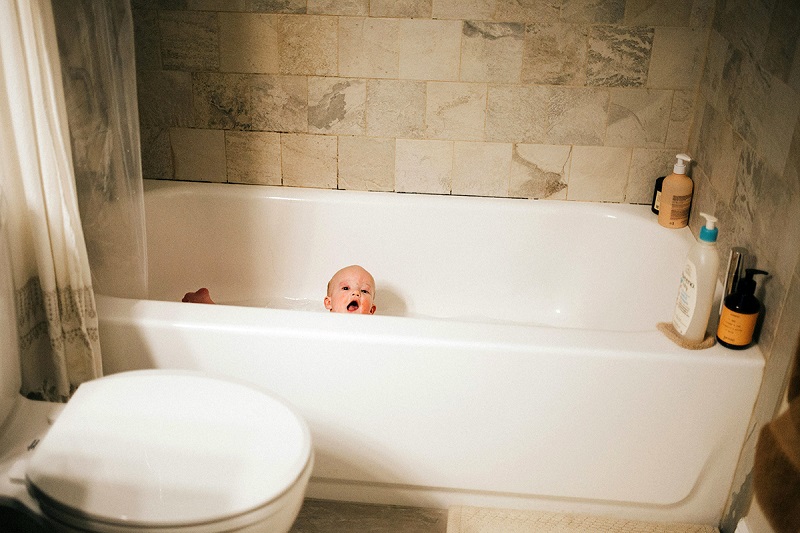
Does my child need a bath?
One question you might ask is whether your child ever needs a bath. The answer to this is probably yes.
First, sometimes your child is actively dirty. Like, they spent the afternoon rolling in the mud, or they had a sufficiently bad poop explosion, and their entire back is coated and … well, you get the picture. In these situations, it is a good idea to bathe them. A similar logic extends to days when a child has been covered in bug spray or sunscreen. Basically, there are some days when you just need a bath.
But, second, dirt in all forms is not the enemy. If your kid goes to sleep with a grass stain on their elbow or soil under their fingernails, that’s fine. In fact, exposure to dirt and germs may be part of how we develop a healthy immune system. Beyond that, too much bathing can lead to irritated, dry skin.
The question, to me, is what the right cadence is for a regular, not-mud-oriented bath. Should it be every night, every other night, once a week …?
There is no strongly data-based answer to this. Dermatologists recommend something on the order of two to three times a week. Once a week might be enough. The only general consensus is that you do not need to bathe your child every day. But it isn’t that there is a great study showing that bathing every day is bad, just that there is no reason to think you would need to, and biological knowledge about skin suggests that daily bathing could remove oils that keep skin from drying out.
There are some skin conditions for which baths may be helpful (or not). For example, at least one small randomized trial in kids suggested that frequent bathing (followed by moisturizer application) could help treat atopic dermatitis. More generally, if your child has skin issues, it’s best to ask a dermatologist about baths.
There are some times as a parent — and they can be very freeing — when the answer from the science is “it really doesn’t matter that much.” This is one of those times!
Of course, if data doesn’t answer the question, how can you possibly decide? Here are a few options:
- Let your child choose. Bathe them less if they do not like it.
- Think of the bath as part of the bedtime routine, and work it in at a regular cadence. With my older kid, we were rigid about the idea that there was a set bedtime routine but didn’t want to bathe her every day. We were terrified about deviations from the routine, though, so we instituted “bath night” and “wiping night,” where “wiping” just meant putting a wet washcloth on her face to pretend the routine was the same. (I am realizing how insane this sounds as I write it, but it’s the truth.)
- Embrace chaos! Bathe whenever you find the time, or when your kid is very dirty.
How dangerous is it for my kid to drink bathwater?
Obviously, the bathwater that comes directly out of the bath tap is no different from any other tap water. So there are really four additions to the bath that we might worry about. Let’s review.
1. Soap
Honestly, your kid doesn’t need a lot of soap on them anyway, but in small doses, it’s okay to eat soap. It doesn’t taste good, but it isn’t toxic.
2. Mold
Do you have rubber duckies in your bath? Or any plastic toys? Do you see little black marks or smudges around the area where the water comes out of them?
Here is the thing: if you were to cut open that rubber ducky, what you would find is that the inside is coated in a layer of flaky black mold. (In the service of helping you, I cut open one of ours and, well, see the photo.) This kind of mold develops in many places where water just sits — parts of your electric toothbrush, for example. It’s super gross.

So, we can establish that this idea is disgusting. It’s also extremely difficult to avoid if you have toys — basically, the mold develops when things stay wet, and it’s very hard to completely dry your rubber duck and toys, even if you remember to drain the bathtub after use. Your choice is, pretty much, toys and mold, or no toys and no mold. Kids like toys. Is the mold dangerous?
Probably not, no. If your child swallows too much of it, it could, in principle, make them nauseous or vomit. This is both unlikely in terms of volume and also not that serious. If you see a lot of mold floating around in the bath, it is probably a signal that you want to replace the toys. But even swallowing a small amount of mold is not likely to be an issue.
The exception is if a child is immunocompromised or has a mold allergy. In that case, you want to be more careful. The easiest/only way to do this is not to have bath toys of this type. Get some bath crayons.
3. Pee
Drinking a small amount of urine is fine. Actually, drinking your own urine has been promoted historically as a cure for a variety of different illnesses. It isn’t! Please do not drink your urine on purpose, but in small, diluted amounts, it isn’t dangerous.
4. Poop
If your child poops in the tub, take them out. But you might still worry that a partial wiping has left poop on them, and that gets into the water and so on. Eating a lot of poop can make you quite sick, but in small amounts, it isn’t toxic. Poison control centers tend to indicate that you should call if a child eats more than a mouthful of feces. The circumstances that would lead to this through bathwater seem unlikely.
The bottom line
- There is no data-based answer for how often you should bathe your toddler. A few times a week is fine, more if they seem particularly dirty.
- Drinking bathwater probably isn’t preferred for hydration, but the dangers of it are minimal. It’s gross, but it isn’t the hill I would die on.
- The world of parenting has many fears and stresses. Some good news is that, mostly, baths should not be one of them.











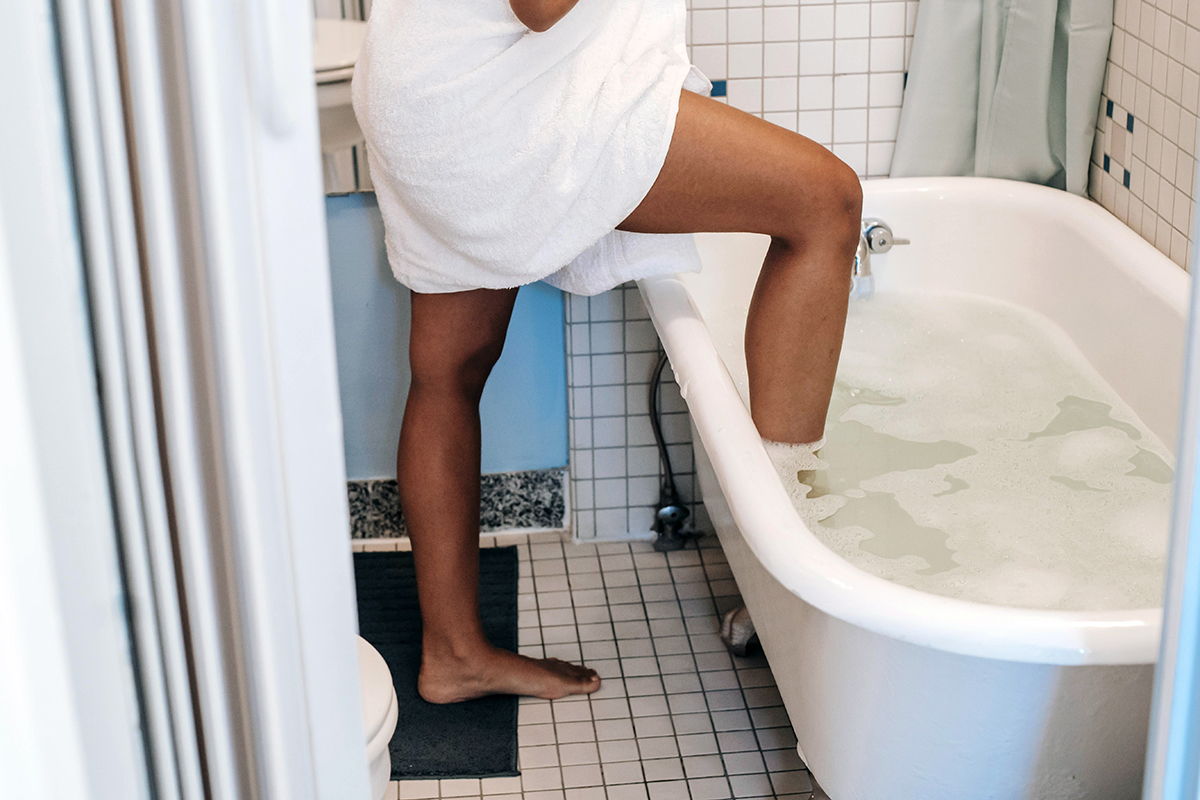
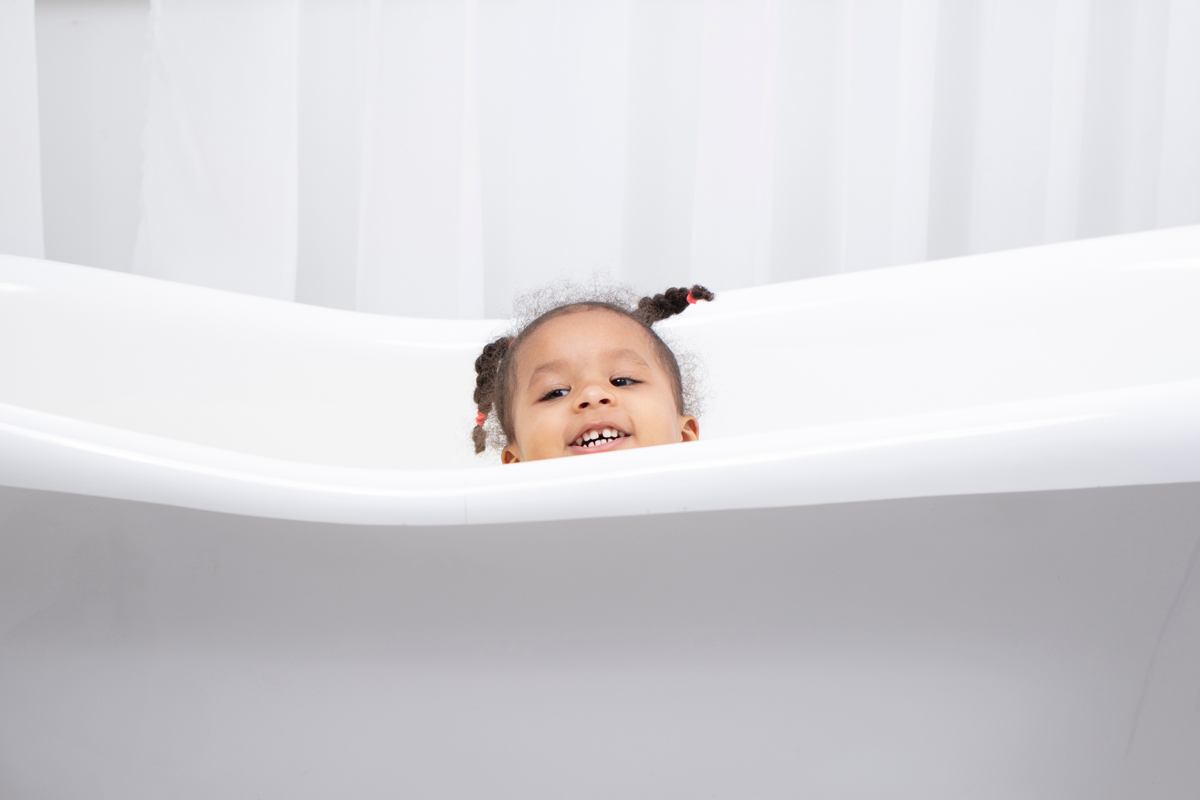
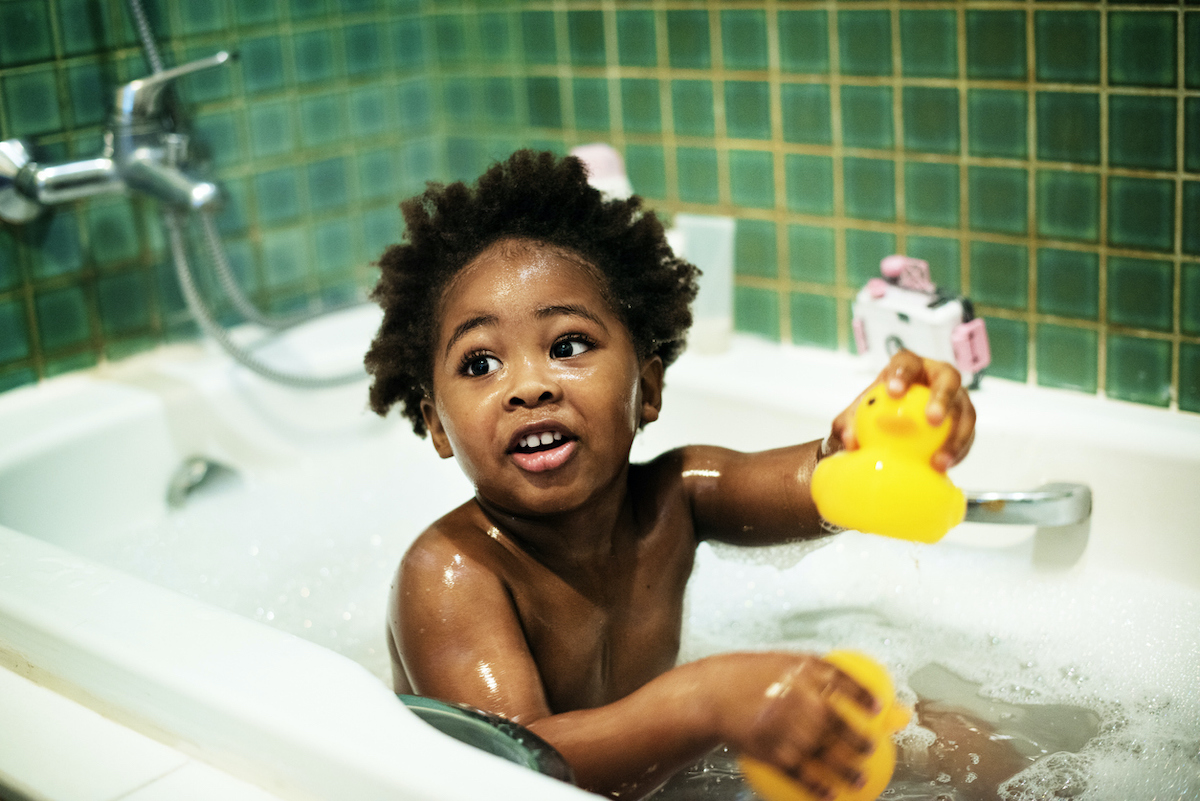
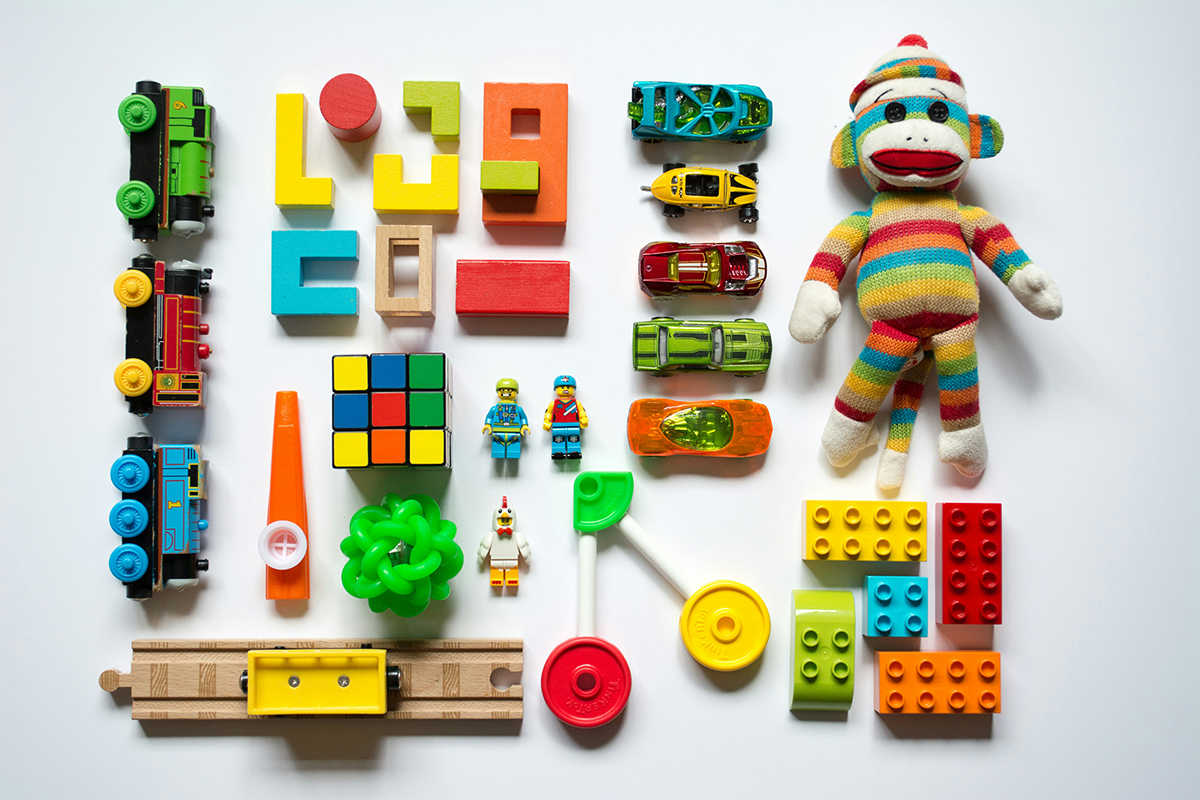

Log in